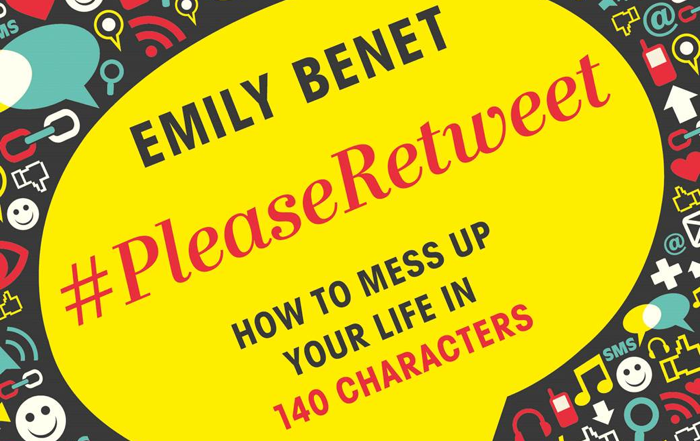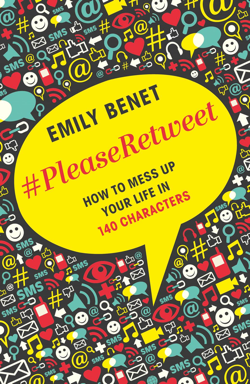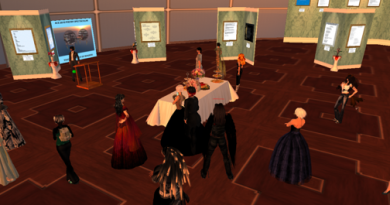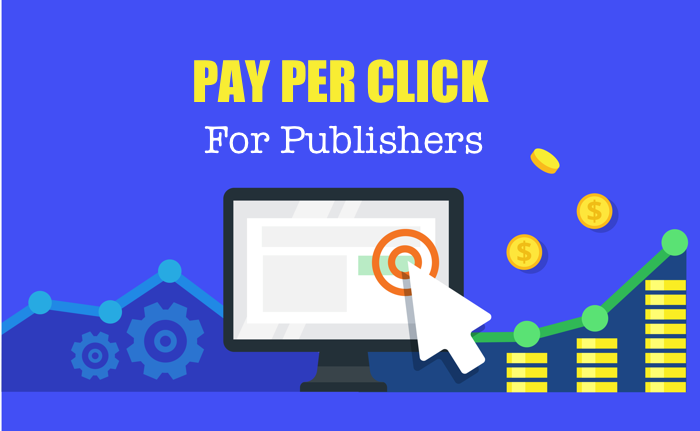Social media – the pros and cons for writers
 Social media is a wonderful tool for writers. But the key is to use it, and not let it use you, says Emily Benet.
Social media is a wonderful tool for writers. But the key is to use it, and not let it use you, says Emily Benet.
[rt_reading_time label="Reading Time:" postfix="minutes" postfix_singular="minute"]
I sometimes wonder where I would be in my writing career if it wasn’t for social media. My first book, Shop Girl Diaries, started life as a blog, my second, The Temp, as a serialised novel posted online, and my third, #PleaseRetweet, is a comedy about social media obsession.
You would think I’d only have positive things to say about it. But I’m not immune to the pitfalls. There is a high chance, for instance, that I get distracted by a Twitter notification while I’m writing this and… what was I saying?
Here are some of the pros and cons of social media for writers:
Pro: You Can Build an Author Platform
You don’t need an agent or a publisher to tell you when you are an author. In an afternoon you can set up your author blog, create your author Facebook page and open your author Twitter account. Dada! Here I am world, I am an author. Best of all, it’s free.
In fact, don’t wait for a publisher’s validation before you build an author platform. Publishers prefer if you have all that set up already, and traditionally published or not, you will be expected to do your own marketing.
Social media has broken down barriers and continues to challenge the prejudices and limitations of the traditional publishing industry. What matters now is not getting a publisher, but getting potential readers. How do you get readers? Use your online author platform to attract them! If you can get enough readers then the publishers will come. If you get enough, you don’t even need a publisher! In this sense, social media is empowering for writers.
Con: Your Concentration is in Danger
Hang on, just because you’ve created a Facebook page, doesn’t mean you’re an author. You’ve got to write books too! That’s where social media can ruin everything. It’s so distracting.
To write a novel you need to have powers of concentration. The constant checking, and scanning, and scrolling that you do on social media can really start to erode your attention span. It’s so easy to click over to Facebook or Twitter when you get stuck, and before you know it, you’ve lost half your day watching videos of cute, baby animals.
Perhaps your weakness isn’t baby animals but updating your followers. Yes, fine, you’re engaging with your audience, but at the end of the year, do you want to have a finished novel or an active Twitter account?
I recommend setting a timer when you write and banning social media for the duration of that time. I set mine for 45 minute stints. You can also download the Anti-Social app, which prevents you going on the sites that distract you most.
Pro: No More Networking Phobia
Does the idea of networking bring you out in a cold sweat? With social media you can do plenty of networking without leaving the comfort of your writing cave. You can engage with editors, publishers, event organisers, readers, writers easily on Twitter. Seek them out by entering keywords into the Twitter search bar and then create lists so the people and tweets of interest don’t get lost in your busy Twitter feed.
Don’t go online just to broadcast your own message or to only promote your book, but communicate with people, like you would if you were face-to-face. Before you go to a conference or event, find out who is going from Twitter. It makes it much easier to greet people in person after you’ve interacted online.
Con: Everybody Hurts
How will you feel if you get a negative comment on your blog or a bad book review on Goodreads? If you don’t think you could cope, then you shouldn’t go on social media. If, however, you think you can grow a tough skin, then proceed.
It wouldn’t be normal if everyone liked your book or agreed with your opinions. Try not to take it personally. Never argue with people that don’t like your book or try too hard to justify yourself. It’s totally pointless and it makes you look like a bad loser. Thank people for their opinion graciously and leave it at that. If people insult you or are abusive, that’s totally different. Don’t think twice about blocking them from your networks.
Pro: Community Spirit
Most people’s experience on social media is a positive one. If it wasn’t, it wouldn’t be so successful. Type in #amwriting in the Twitter search bar and you’ll find a huge writing community who are really supportive.
Follow and engage with book bloggers, comment on their blogs, share their posts. When your book comes out, they’ll be your cheerleaders. Writing can be a solitary business, but social media offers a virtual watercooler where you can find some great company.
Con: Emotionally Draining
Not only is social media a great tool for procrastination, but it can also be emotionally draining because it’s difficult to filter. One minute I’m chuckling at a one liner on Twitter, and the next I’m getting upset by images of war.
Strive to create the online environment you want to live in. Again, use lists and mute people whose tweets bring you down. Sometimes you like the person tweeting, but not the tweets, so mute them. I’m not saying ignore the news, but your job is to write and you’re not going to write if every time you go on social media you’re questioning the meaning of life.
Pro: Land of Opportunity
Being active on social media can lead to interesting opportunities. Use it to connect, use it as a search engine to find out about writing events, industry news, competitions and what magazines are looking for submissions. Connect with book bloggers and other writers and build a community which will cheer you on and help promote your book.
 The cons of social media are mostly down to you and your will-power. If you’ve got a lot of followers but you’re not making progress with your book, then readdress the balance: Write more, tweet less! If you don’t know if you’re addicted or not, take a week off. Trust me, you won’t lose followers. I did it recently. I deleted all the apps from my phone and observed the incessant chatter of my social media-adapted brain. After a while it quietened down and I regained control.
The cons of social media are mostly down to you and your will-power. If you’ve got a lot of followers but you’re not making progress with your book, then readdress the balance: Write more, tweet less! If you don’t know if you’re addicted or not, take a week off. Trust me, you won’t lose followers. I did it recently. I deleted all the apps from my phone and observed the incessant chatter of my social media-adapted brain. After a while it quietened down and I regained control.
The key is to use social media, and not let it use you.
Emily Benet’s #PleaseRetweet: How to Mess Up Your Life in 140 Characters is published by HarperCollinsUK.


